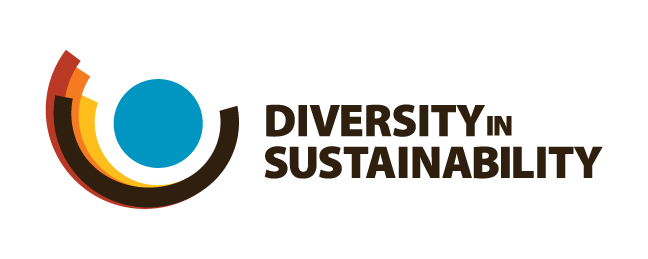Sharing stories that connect: a celebration of Latin community
What aspects of your Latine culture relate to sustainability?
Hi, my name is Gabi, and I am the Social Media Manager and one of the Volunteer Coordinators for Car Free Vancouver Society, where I create expiring opportunities and educate the community to achieve a city that is greener and more accessible for people. We also organized 3 Car-Free Days in Vancouver.
I grew up in an agricultural city, home to no more than 8,000 inhabitants; growing up in a town where everyone knows one another and depends economically on the land built, not only my personality but how I see the world.
When someone asks what I do, I always respond that I am a storyteller. You can see me as a communicator, content creator or writer. But more than what I call it, the important part is the stories I tell. I am also an activist and graduated as an environment engineer, educator and analyst. So, I dedicate my life now to telling stories that will educate people about grassroots movements and help them take action.
I worked with different organizations in Argentina, Egypt, and Canada. And, of course, Brazil, the country that I am from.
It's easy to misinterpret Brazil, which is frequently not considered Latin enough. But we share a lot with our neighbours; one thing is pride. I am very proud to be a Brazilian and share my culture in my writing.
Writing came to me as a tool to deal with my life and know myself better, but telling stories came to me as a heritage.
Many Latin American cultures have a strong tradition of oral storytelling, where stories, myths, legends, and historical accounts are passed down through generations via spoken word.
These narratives often incorporate local folklore, cultural beliefs, and historical events. Oral storytelling helps maintain a sense of continuity between ages and reinforces cultural values and heritage. Myths and folklore work in our culture not only to entertain but also to teach important lessons. It’s also a way to connect with our roots.
Another aspect that was important to me was the sense of community. In Latin cultures, build a sense of belonging from a young age. When I moved to Canada, I started to feel like an island; in Brazil, I always felt like a villa.
Having this community sense allowed me to learn how to read the room and search for ways to be helpful and collaborate. Latin culture prioritizes collective well-being over individual pursuits and often has robust support systems to help individuals and families during challenging times. You can't tell me this is not a good start to introduce sustainable practices and a good relationship with the land.
Latin communities often exhibit a strong sense of social cohesion, where individuals come together to address challenges, advocate for change, and support one another. This unity has historically played a role in social and political movements. That is the base of my activism, disclosing opportunities for others and working towards creating awareness.
The ability to use community-based cultural practices and the skills to tell stories gave me what I believe is necessary to work with sustainability and collaborate with different people worldwide. I am a proud Brazilian, Latin and also an environmentalist, and I am doing my best to impact my community positively with my stories.
There are many more ways that my culture relates to sustainability; being from a place with such biodiversity and a country that feeds a big part of the world is also essential, but I choose to share what was important to me personally and how beautiful I believe my heritage is.
By: Gabriela Valadão
Gabi’s social media:
Instagram: https://www.instagram.com/gab.valadao/
Linkedin: https://www.linkedin.com/in/gabrielamello/
Portfolio: https://bygabi.myportfolio.com/



